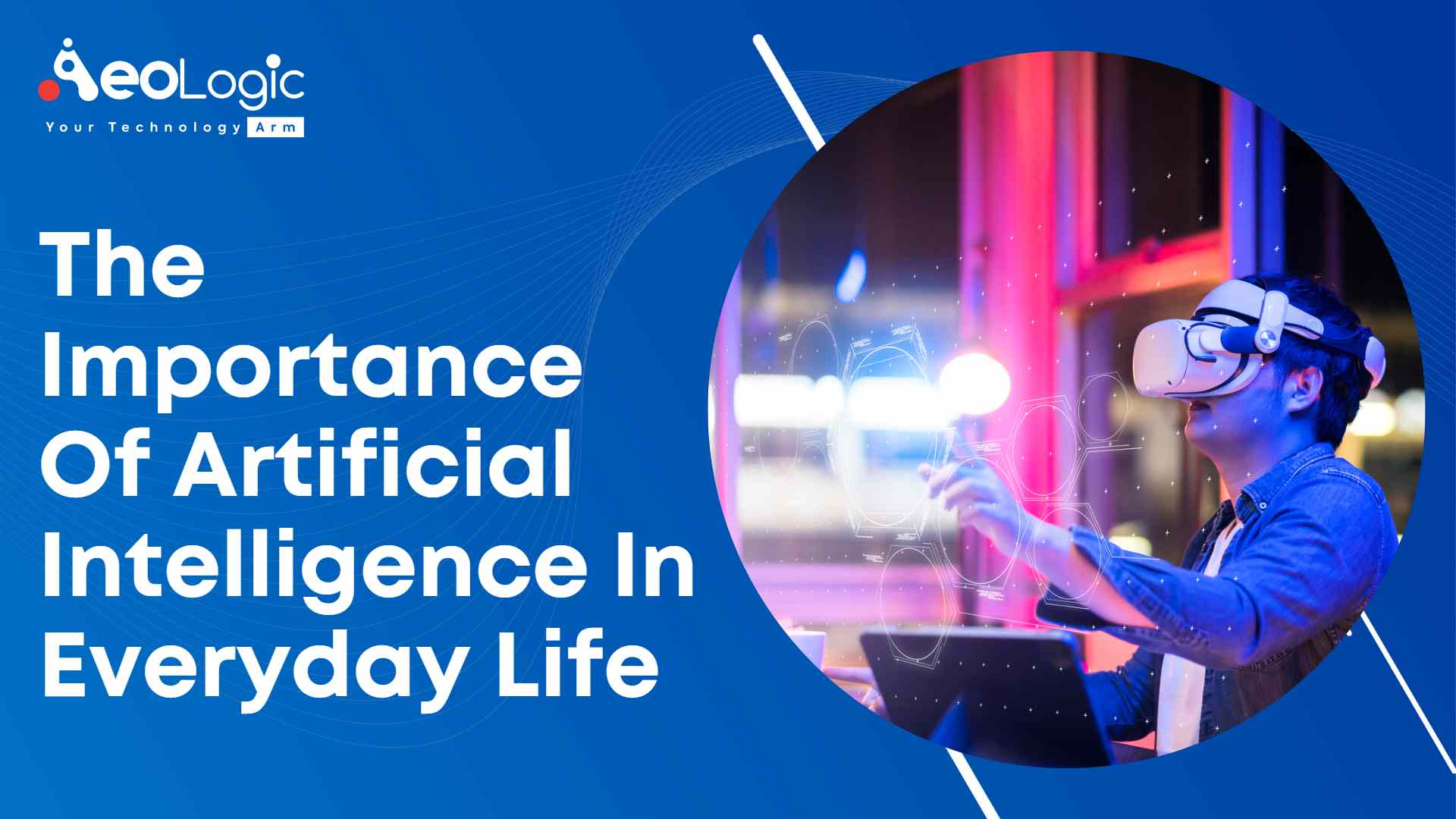The landscape of human life is undergoing a metamorphosis driven by the transformative power of Artificial Intelligence (AI). No longer confined to science fiction, AI is rapidly becoming an integral part of our daily experiences, influencing industries, automating tasks, and introducing intelligent systems that are fundamentally changing the way we interact with the world. This article delves into the essence of AI, explores its diverse applications in everyday life, and examines its profound impact on society.
Demystifying AI: Beyond Human Replication
Artificial Intelligence refers to the ability of machines to mimic human cognitive functions, such as learning and problem-solving. It's not about creating sentient robots (at least not yet!), but rather about developing systems that can analyze data, identify patterns, and make decisions based on that information.
Here are the fundamental building blocks of AI:
Machine Learning: This branch of AI allows machines to learn and improve without explicit programming. By analyzing vast amounts of data, algorithms can identify patterns and make predictions.
Deep Learning: A subset of machine learning inspired by the structure and function of the human brain. Deep learning algorithms consist of artificial neural networks that process information in a layered manner, mimicking how the human brain learns.
The Tangible Impact: How AI is Shaping Our World
AI has infiltrated various aspects of our lives, revolutionizing industries and offering solutions to complex problems. Let's explore some prominent applications:
Revolutionizing Healthcare: AI is transforming healthcare by aiding in disease diagnosis, drug discovery, and personalized treatment plans. AI-powered algorithms can analyze medical images to detect abnormalities with higher accuracy than human doctors, leading to earlier diagnoses and improved patient outcomes. Additionally, AI is accelerating drug discovery by analyzing vast datasets of scientific research and identifying potential drug candidates.
Shaping the Future of Finance: The financial sector is embracing AI for tasks like fraud detection, risk management, and personalized financial recommendations. AI algorithms can analyze transaction patterns and identify anomalies, preventing fraudulent activities. Moreover, AI can personalize investment portfolios based on individual risk tolerance and financial goals.
Enhancing Security and Safety: AI plays a crucial role in security systems by analyzing data from cameras and sensors to detect potential threats and suspicious behavior. In the realm of cybersecurity, AI-powered systems can identify and prevent cyberattacks in real-time.
Transforming Transportation: Self-driving cars are no longer science fiction. AI-powered autonomous vehicles have the potential to revolutionize transportation, leading to safer roads and reduced traffic congestion. AI is also optimizing traffic flow by analyzing real-time data and dynamically adjusting traffic signals.
Personalized Experiences: AI algorithms power the recommendation engines on various platforms, suggesting products, movies, music, and news that align with your interests. This personalization not only enhances user experiences but also drives sales and engagement for businesses.
The Future of AI: A Landscape of Possibilities
AI is still in its early stages of development, but its potential is vast. Here are some exciting possibilities on the horizon:
Natural Language Processing Advancements: AI's ability to understand and process human language is rapidly evolving. This paves the way for more natural and intuitive interactions between humans and machines, with applications in areas like virtual assistants and conversational chatbots.
The Rise of Collaborative Intelligence: AI is transcending algorithms and integrating with physical forms through robotics. This convergence, known as collaborative intelligence, promises to revolutionize various industries, from manufacturing to healthcare.
Quantum Computing and AI: The potential synergy between quantum computing and AI is a game-changer. Quantum computing's immense processing power, coupled with AI's problem-solving capabilities, promises breakthroughs in fields like materials science, drug discovery, and artificial general intelligence (AGI).
Navigating the Ethical Landscape: AI and its Societal Impact
While AI offers immense potential, it also raises ethical concerns that require careful consideration:
Bias in AI Algorithms: AI algorithms can perpetuate societal biases if trained on biased data. Mitigating algorithmic bias is crucial to ensure fairness and prevent unintended consequences.
The Future of Work: As AI automates tasks, job displacement becomes a concern. Strategies are needed to address this challenge, such as retraining initiatives and fostering adaptability in the workforce.
Privacy Concerns: As AI becomes more ubiquitous, navigating privacy concerns becomes paramount. Striking a balance between technological advancements and data privacy is essential to ensure responsible AI development.
The Road Ahead: A Collaborative Future
The future of AI is not a dystopian vision of robots taking over the world. It's a future where humans and intelligent machines collaborate to solve complex problems and create a better world. As technology continues to evolve, it's crucial to develop AI responsibly, ensuring its ethical development and responsible use. By harnessing the power of AI for good, we can unlock a future of innovation, progress, and a more human-centric world.


